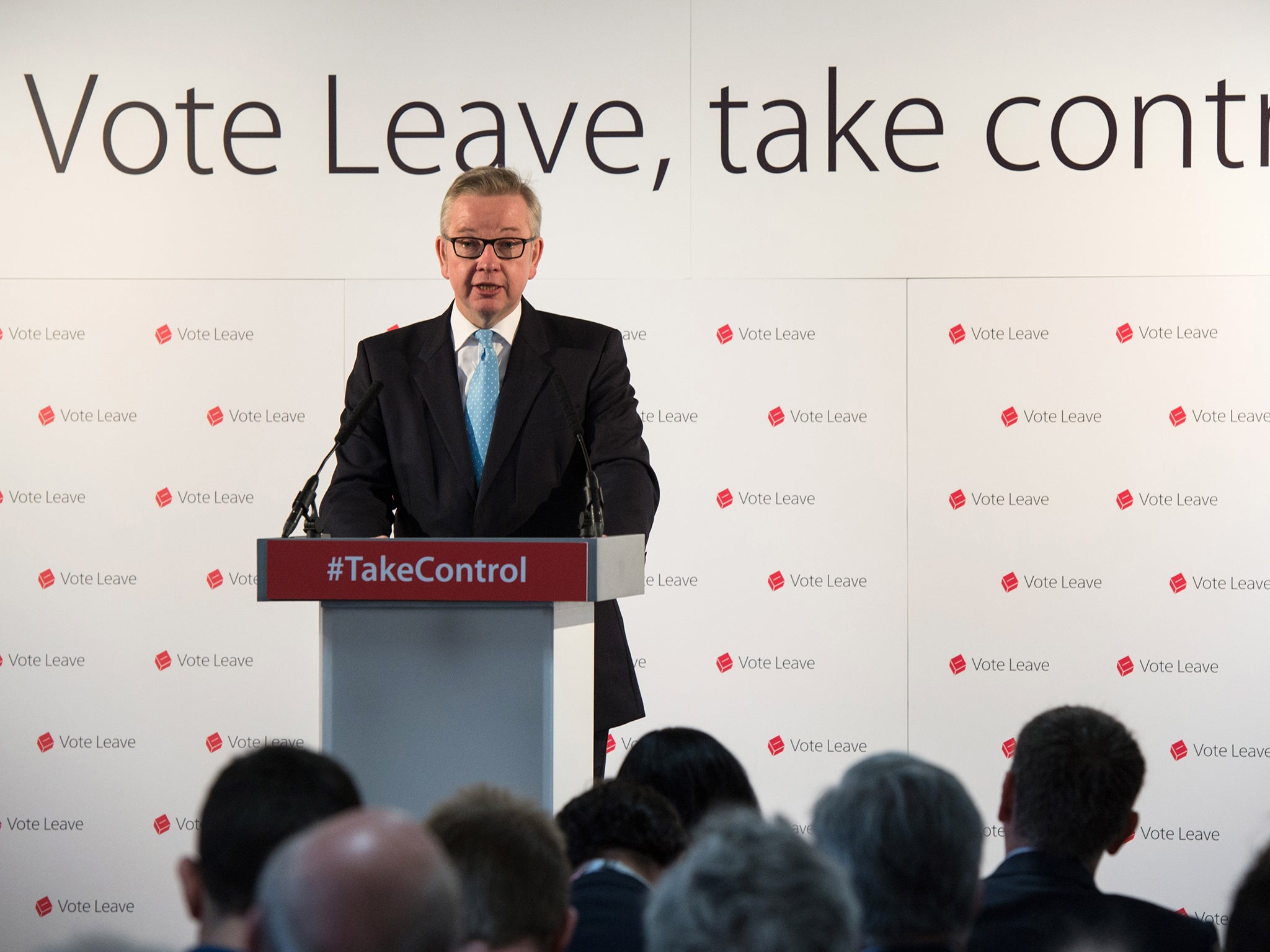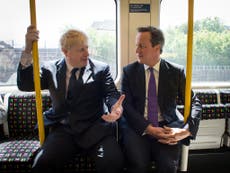How do newspapers like ours report on the EU referendum when debate is often more rhetoric than fact?
Do we play along, reporting claim and counter-claim as they arise? Or should we refuse to report anything that we think is wrong, unfair or negative?


The EU referendum debate has hardly been characterised by great harmony. Yet it may be about to enter a new phase of viciousness, now that the party political elections of last week are out of the way.
Michael Gove and George Osborne gave a hint over the weekend that the respective Leave and Remain campaigns were going to get feisty. The two men, cabinet colleagues, clashed over the question of whether a Brexit would damage our trading links with Europe: the Chancellor claimed jobs would be lost and the economy wrecked; Gove professed to a lack of imagination when he said he did not believe Germany would ever impose swinging tariffs on exports.
As the new working week began, the biggest beasts came pounding forward. The Prime Minister told us that the EU has helped to preserve peace in Europe since the Second World War and that, in an unstable world, we should disregard institutions that foster cross-border amity at our peril. Boris Johnson meanwhile, free of the London mayoralty, condemned the creeping bureaucracy of Brussels and its attempts to interfere in the UK’s affairs.
It’s all Punch and Judy stuff really. But how should the media respond? We have seen in recent weeks extensive coverage of elections to the UK’s devolved Parliaments and Assemblies, to local councils and mayoralties. In Scotland, the SNP tried largely to avoid focusing on a possible second independence vote during its campaign; it went for upbeat messaging, concentrating on day-to-day policies and achievements. For the Tories, pushing anxieties about a possible independence re-run (and having them reported by news media) was designed to get out the pro-Union vote – and it seemingly worked, the Conservatives overtaking Labour as Scotland’s second party.
Likewise, the campaign for the London mayoralty was characterised by attempts on behalf of Zac Goldsmith, the Conservative candidate, to portray Sadiq Khan as a security risk. It was negative and at times nasty; and once again the hurly-burly got its inevitable air time. This time, attempts by the Tories to bring out the fear vote backfired spectacularly and Khan won with ease.
For those campaigning ahead of the EU referendum, it may be hard to discern clear lessons from these more parochial exercises in electioneering. In particular, the inability of either side to know with certainty what the consequences of Brexit actually are means they are both shooting in the dark to a degree. In their own ways, both the Leavers and the Remainers are tapping into our fears – either of the known or the unknown.
But the issue for the media is the same: do we play along, reporting claim and counter-claim as they arise? Or should we refuse to report anything that we think is wrong, unfair or negative? If we did that, there might not be much left of course.
There is a third way, which is to report the positions of both sides, then put them under appropriate scrutiny, busting the myths and exposing the nonsense. That, ultimately, is what journalism is about – and is why there will be plenty of that to come from The Independent over coming weeks.
Even this approach, however, is wont to be criticised. Bust a ‘myth’ propagated by one side and its supporters will claim a conspiracy; place a story about the Remain campaign ahead of one about the joys of Brexit and we will be accused of favouritism.
But in any event, will the media really have much impact on this most crucial of public votes? I have argued before that the media has less of an effect on political elections than many suppose. Indeed, it is arguably rather patronising to assume that people are unable to think for themselves, especially now that there is such ready access to a range of primary sources. When it comes to the EU referendum debate there is a great deal at stake, but proportionally little detail about what the outcome might mean in practice. Yet I remain unconvinced that the media will have a casting vote.
A great many people know already how they will mark their ballot paper on 23rd June: none of the politicking or analysis they hear or read between now and then will change their minds. For the undecided, emotional triggers (the weather; Union Flag bunting; a chance meeting with a continental type) are more likely to carry the day than a pontificating politician or a leader column in a newspaper.



Join our commenting forum
Join thought-provoking conversations, follow other Independent readers and see their replies